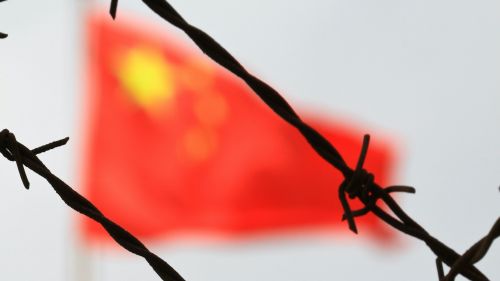America the Dangerous

The United States is perceived as a greater threat around the world, is unable to convince its own public of what it has deemed a threat (China) and will struggle to enlist the help of allies.
The China Gap
It’s already well documented that the American public isn’t overly worried about the China threat, despite the emerging consensus among foreign policy experts. Dan Drezner called this the China gap in a recent Washington Post article.
A recently published Pew report provides further evidence of this. Four in ten (48%) Americans say China is a major threat. While that is a plurality, it is largely unchanged from 2013 when it was 44 percent. This highlights the Trump administration's inability to move the dial despite repeated efforts to paint China as the bogey man of the future.
The data also helps point out why the United States has been largely unable to get buy-in from its North American and European allies. The result for every one of these countries is lower than in the United States, and significantly so. Only France, at 40 percent, comes close. Most are at 35 percent or below.
It’s only among US allies in the Pacific where China is perceived as a major threat. In Australia (51%), Japan (69%), and South Korea (82%) majorities say China’s power and influence is a major threat. Interestingly, that result for South Korea is significantly lower than the 67 percent of South Koreans that say North Korea’s nuclear program is a major threat.
Also of interest, and as noted by Ankit Panda on Twitter, countries around the world now see the United States as more of a threat than they did in 2013 with only a few exceptions.
These results highlight the broader downside impact of the Trump administration’s approach to foreign affairs. The United States is perceived as a greater threat around the world, is unable to convince its own public of what it has deemed a threat (China), and will struggle to enlist the help of allies and friends in meeting that threat.

